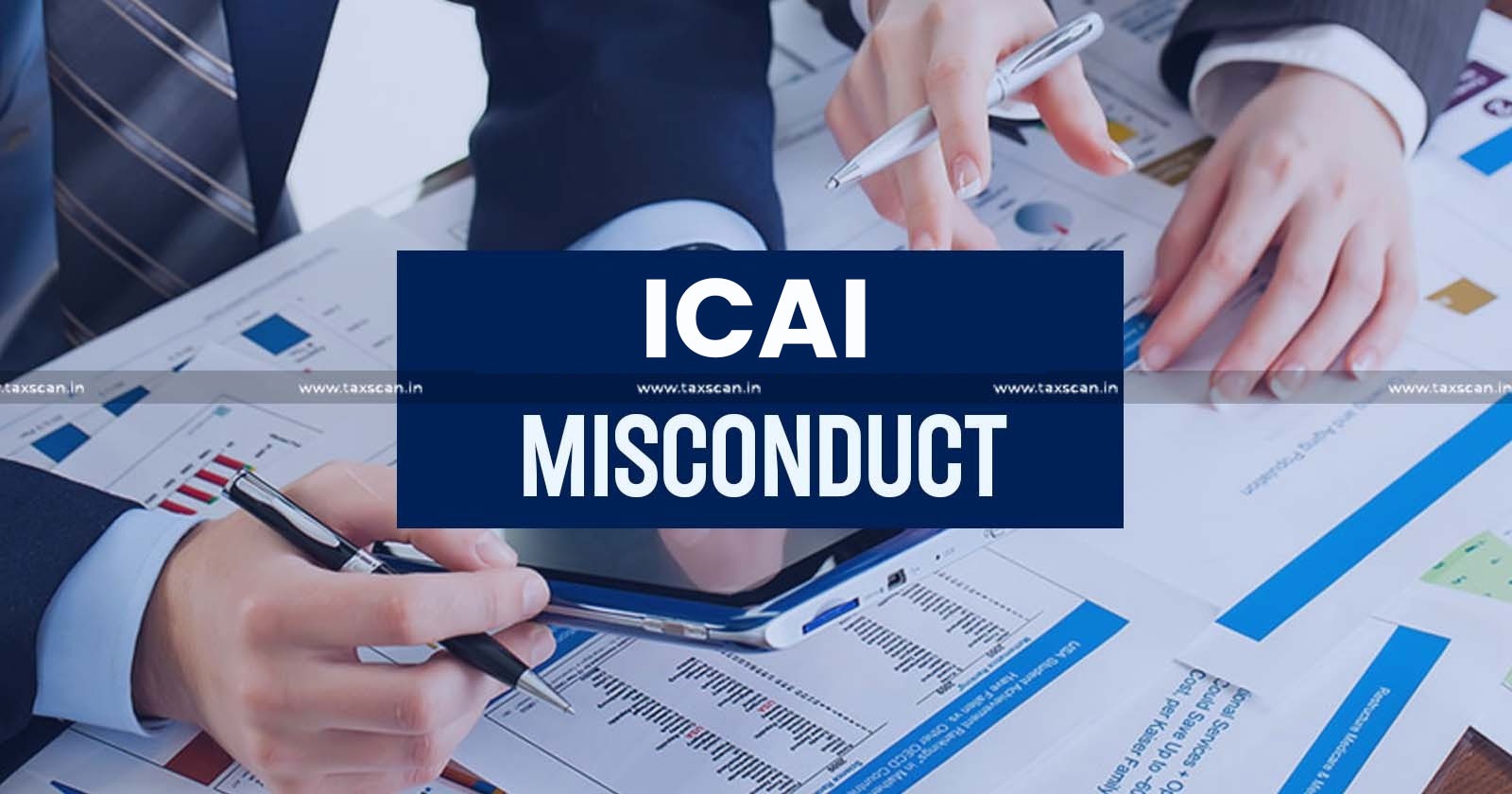@JUDGMENTTAG-ORDER
D.N. Patel, J.@mdashHeard counsel for the petitioner and the counsel for the State as also the counsel for the O.P. No. 2.
2. The present application u/s 482 of the Code of Criminal Procedure, has been filed by the petitioner for quashing the order dated 24.11.2009 passed by the Sessions Judge, Dhanbad, dismissing the criminal revision application filed by the petitioner vide Cr. Revision No. 321 of 2009 against the impugned order dated 13.10.2009 passed by the Judicial Magistrate, 1st Class, Dhanbad in C.L.A. Case No. 169 of 2007 whereby, the petitioner''s prayer to allow him to plead guilt u/s 305 of the Code of Criminal Procedure, was rejected.
3. Relevant facts for disposal of this case, are as follows:
Complainant / Opposite party No. 2 being a Inspector under Sub-Section (i) of Section 28 of Contract Labour (Regulation and Abolition) Act, 1970, inspected the works site of M/s Sainik Mining and Allied Services Limited on 5.2.2007 and he found certain irregularities amounting to violation / breach of certain sections / Rules of the Act.
Inspection report along with show-cause notice was thereafter sent to the accused persons namely, Capt. Rudrasen Sindhu, Managing Director and Capt. Kuldip Singh Solanki, Director of the company by registered post on the ground that they represent the company in their official capacity. Later, the opposite party No. 2 tiled prosecution report before the learned Chief Judicial Magistrate, Dhanbad against M/s Sainik Mining and Allied Services represented by Capt. Rudrasen Sindhu, M.D. and Capt. Kuldip Singh Solanki, Director of the Company for their prosecution for the offences under Sections 23 and 24 of the Contract Labour (Regulation and Abolition) Act, 1970. On receipt of the prosecution report/ complaint, learned Chief Judicial Magistrate took cognizance of the offences and issued summons to the accused persons to appear and face trial. In response to the summons, the accused persons, by special power of attorney, authorized the petitioner Suresh Chandra Rai to appear before the trial court on behalf of the Company and the Managing Director and Director of the Company, to plead guilt of the offences under Sections 23 and 34 of the Contract Labour (Regulation and Abolition) Act, 1970, as per the provisions laid down u/s 305 of the Code of Criminal Procedure.
The learned court below refused to accept the petitioner Suresh Chandra Rai as a representative of the accused company and rejected the petitioner''s prayer to allow him to represent the accused persons.
Being aggrieved, the petitioner filed a revision application before the Sessions Judge, who by the impugned order, dismissed the revision application.
4. The petitioner has assailed the impugned orders on the ground that both the impugned orders as passed by the Sessions Judge as also by the Judicial Magistrate, are bad in law and without proper appreciation of the facts of the case in proper perspective.
5. Arguing the case on behalf of the petitioner, Shri V. Shivnath, Sr. Advocate, would raise the following ground:
Even as per the allegation in the prosecution report, accused company is juristic person and therefore, it may authorize any person to appear on its behalf for the purpose of pleading guilt and to pay fine for the offences u/s 23 of the CLA Act.
6. Elaborating the ground, while inviting attention to the provisions of Section 305 Cr.P.C., learned Counsel would explain that in the present case, the company being the accused, it is entitled to appoint a representative and such appointment can also be made in writing by the Managing Director of the company or by any person having control over the Management and affairs of the corporation. The petitioner being the authorized representative of the company, his appearance on behalf of the company before the trial court, cannot be refused on the ground that the Managing Director or the Director of the Company should have appeared as representative of the company.
Referring to the provisions of Section 25 of the Contract Labour (Regulation and Abolition) Act, 1970, learned Counsel submits that the provision lays down that if the person committed an offence under this Act is a company, the company as well as the person who is in-charge and responsible to the company for the conduct of its business at the time of commission of offence, shall be deemed to be guilty of the offence and shall be liable to be proceeded against and punished accordingly.
7. Learned Counsel submits further that since by the nature of the punishments prescribed, both the offences under Sections 23 and 24 of the Act, are summary triable. The accused company may plead guilt to the offences through its authorized representative against the imposition of fine.
Learned Counsel submits further that identical allegation was made against the same company namely, M/s Sainik Mining and Allied Services purportedly represented by the Managing Director Capt. Rudrasen Sindhu and Capt. Kuldip Singh Solanki in an earlier case filed against the same set of accused and the same Sessions Judge, who has rejected the revision application filed against the order of the Judicial Magistrate rejecting the prayer of the authorized representative for pleading guilty, had allowed the earlier Criminal Revision application holding that the authorized Agent should be allowed to plead guilt for the offences under Sections 23 and 24 of the Contract Labour (Regulation and Abolition) Act, 1970
8. Counsel for the State, on the other hand, would argue that since the punishment for the offences is not confined to only fine and it is also punishable with imprisonment for a term which may extend to three months, it is only the Managing Director and such other persons who are the responsible for the conduct of company''s business at the time of commission of the offence, who are deemed to be guilty and therefore, any such person even if authorized by the company to represent it before the trial court, cannot possibly plead guilt on behalf of the company and the person who is in-charge and responsible to the company for the conduct of its business, has to appear on behalf of the company and undergo the punishment as may be imposed by the trial court by submitting the plea of guilt.
9. For proper appreciation of the rival submissions, it would be relevant to refer to the prosecution report and the order of cognizance passed by the court below on receiving the prosecution report.
From perusal of the complaint petition / prosecution report, the name and address of the accused persons, as referred to in column-2 of the report mentions M/s Sainik Mining and Allied Services represented by Capt. Rudrasen Sindhu, M.D. and Capt. Kuldip Singh Solanki, Director, as accused. The obvious indication is that the accused company M/s Sainik Mining and Allied Services is represented by its Managing Director and Director.
Cognizance of the offences under Sections 23 and 24 of the Contract Labour (Regulation and Abolition) Act, 1970, has accordingly been taken against the company represented by the above named Managing Director and Director.
Section 25 of the Contract Labour (Regulation and Abolition) Act provides that where a person commits an offence under this Act, is a company, then such person who is in-charge and responsible to the company for the conduct of its business at the time of commission of offence, shall be deemed to be guilty of the offences and shall be liable to be proceeded against and punished accordingly. Thus, Sub-section 1 of Section 25 of the Act is a deeming provision under which the person in-charge and responsible to the company for the conduct of its business, shall be liable to be proceeded against and punished for the offences under the Act. If the alleged offence is attributable to any negligence on the part of the Managing Director, Director, Manager, Agent or any other officials of the company, such person would be personally liable, for the offence.
As observed above, in the present case, the company has been made an accused and two other persons have been named in the prosecution report as representatives of the company.
10. Section 305 of the Code of Criminal Procedure lays down that where a corporation is the accused person or one of the accused persons in an inquiry or trial, it may appoint a representative for the purpose of inquiry or trial and such appointment of the representative may be made by way of authorization in writing signed by the Managing Director of the company or by any person or one of the persons having the Management of the affairs of the company.
However, Sub-section 6 of Section 305 Cr.P.C. lays down that if a question arises whether any person, appearing as a representative of a corporation in an inquiry or trial before a court is or is not such representative, the question shall be determined by the court.
11. Reading the provisions of Section 305 Cr.P.C. and the provisions of Section 25 of the Contract Labour (Regulation and Abolition) Act, it would be apparent that the Contract Labour (Regulation and Abolition) Act being a Special Act, it lays down the procedure in respect of offences committed by companies, and only such person who is in-charge and responsible to the company for the conduct of its business at the time of commission of the offences, shall be liable to be proceeded against and punished accordingly and the liability of such person cannot be delegated to any other person by authorizing him to represent the company or its representatives before the court in course of inquiry or trial. The provisions of Section 305 Cr.P.C. has to give way to the provisions as contained in the Special Act and it would not therefore be a matter of choice for the corporation to authorize any person as its representative to appear in any inquiry or trial in a court. Even as observed above, the provisions of Sub-section 6 of Section 305 Cr.P.C. vests with the court the power to determine the question as to whether, any person appealing as a representative of the corporation, should be accepted as such representative or not.
12. This issue may be considered from another aspect. Though, the offences are summary triable, but the punishment is not confined to fine only. The punishment of imprisonment is also provided for the offences both under Sections 23 and 24 of the Contract Labour (Regulation and Abolition) Act and in the event if the trial court deems it fit and proper to sentence the accused to imprisonment, such other person claimed to the authorized representative of the company, cannot possibly be directed to undergo imprisonment on behalf of the company or its directors.
13. In the light of the facts and circumstances and the discussions made above, I do not find any impropriety or illegality in the impugned orders passed both by the Judicial Magistrate as also by the Sessions Judge. There being no merit in this application, the same is hereby dismissed.

